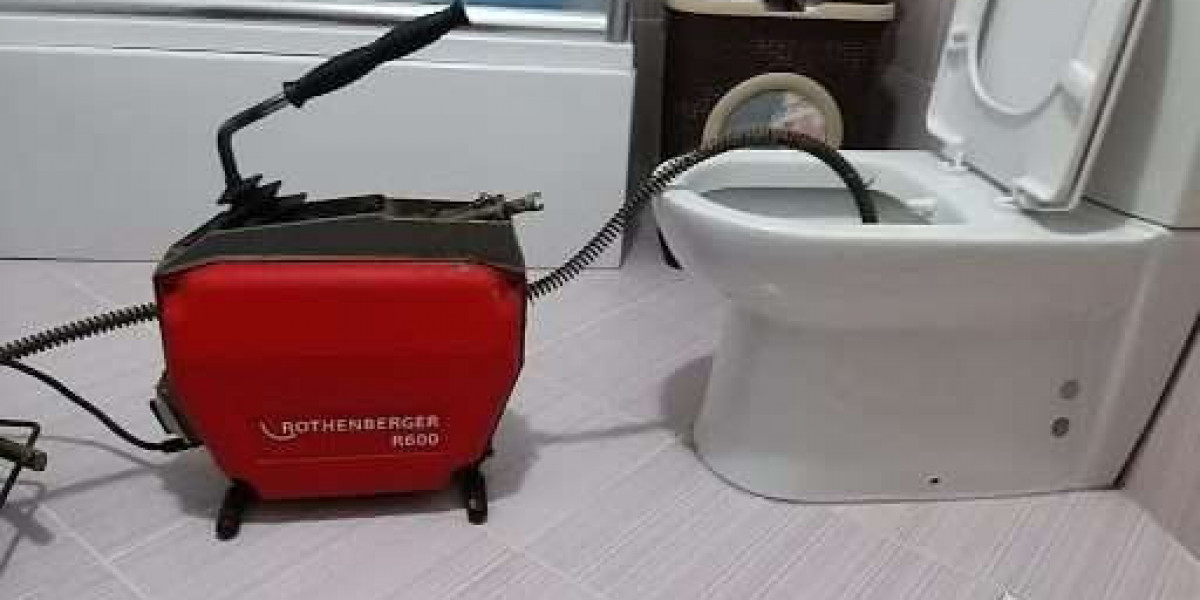Staffing agencies in Arkansas play a vital role in connecting businesses with skilled workers across diverse industries. However, managing workers' compensation insurance for a temporary and varied workforce is one of the most critical responsibilities for these agencies. Understanding the requirements, challenges, and solutions related to Workers Comp For Staffing Agencies in Arkansas can help staffing agencies stay compliant, protect their workforce, and manage costs effectively.
Why Workers' Comp is Essential for Staffing Agencies
Legal Compliance
- Arkansas law requires all employers, including staffing agencies, to provide workers' compensation insurance for their employees. This includes temporary and contract workers placed at client companies.
Employee Protection
- Workers' comp provides medical benefits and wage replacement to employees who sustain job-related injuries, ensuring their financial and physical well-being.
Client Trust
- Businesses partnering with staffing agencies expect their temporary workers to be adequately covered, reducing liability for both parties.
Risk Mitigation
- With workers placed in various industries, some with high risk, workers' comp minimizes financial exposure in the event of workplace injuries.
Challenges for Staffing Agencies in Arkansas
Diverse Job Classifications
- Employees in staffing agencies often work in multiple industries, from office administration to construction. Proper classification is critical to avoid overpaying premiums or underinsuring workers.
High Turnover Rates
- Temporary staffing means a constantly changing workforce, making it challenging to maintain accurate records and up-to-date coverage.
Increased Risk in Certain Industries
- High-risk placements, such as manufacturing or warehousing, can lead to higher premiums due to increased chances of workplace injuries.
Compliance Management
- Ensuring compliance with Arkansas workers' compensation laws requires diligent record-keeping and understanding of state-specific requirements.
Workers' Compensation in Arkansas: Key Features
Mandatory Coverage
- Arkansas requires all employers with three or more employees to provide workers' compensation. For staffing agencies, this includes all temporary and contract workers.
No-Fault System
- Arkansas operates under a no-fault system, ensuring employees receive benefits regardless of who is at fault for the injury.
Medical and Wage Benefits
- Workers' comp covers medical treatment, rehabilitation, and partial wage replacement for injured employees.
Exclusive Remedy
- Workers' compensation protects employers from lawsuits related to workplace injuries, offering financial and legal security.
Managing Workers' Compensation Costs
Accurate Employee Classification
- Misclassifying employees can lead to overpaying premiums or fines. Work with an experienced insurer to ensure accurate classification.
Implement Safety Programs
- Providing safety training and monitoring worksites can reduce workplace injuries and lower premiums over time.
Monitor Claims History
- A history of frequent claims can increase premiums. Proactively addressing workplace risks and supporting injured employees’ return to work can help maintain lower rates.
Leverage Pay-As-You-Go Options
- Pay-as-you-go workers' comp insurance aligns premium payments with actual payroll, helping staffing agencies manage cash flow more effectively.
Average Cost of Workers' Comp for Staffing Agencies in Arkansas
The cost of workers' compensation varies based on several factors:
- Industry Risk: Agencies placing workers in high-risk industries like construction or manufacturing may pay higher premiums.
- Payroll Size: Premiums are calculated as a percentage of payroll; larger payrolls result in higher costs.
- Claims History: Agencies with a history of workplace injuries may face increased rates.
On average, staffing agencies in Arkansas pay between $1.00 and $6.00 per $100 of payroll, depending on employee classifications and risk levels.
Selecting the Right Workers' Comp Insurance
Specialized Policies
- Choose an insurer experienced in working with staffing agencies to address the unique challenges of covering a temporary workforce.
Comprehensive Coverage
- Ensure the policy covers all potential workplace risks for employees, including those in high-risk roles.
Flexible Payment Options
- Consider insurers offering pay-as-you-go plans or policies that adjust with workforce changes.
Responsive Claims Management
- Partner with an insurer that provides quick and efficient claims handling to support injured employees and reduce downtime.
Benefits of Proactive Workers' Comp Management
Compliance Assurance
- Adhering to Arkansas laws protects your agency from penalties and lawsuits.
Enhanced Client Relationships
- Offering comprehensive workers' comp coverage builds trust with client businesses, enhancing your agency's reputation.
Workforce Protection
- Covered employees feel secure, boosting morale and productivity.
Cost Control
- Preventive measures and accurate classification can help reduce premium costs over time.
Conclusion
Workers' compensation insurance is a cornerstone of running a successful staffing agency in Arkansas. By understanding state requirements, accurately classifying employees, and partnering with an experienced insurer, staffing agencies can ensure compliance, protect their workforce, and manage costs. Taking a proactive approach to workers' comp not only safeguards employees but also strengthens client relationships and positions your agency for long-term success in Arkansas’s competitive market.








